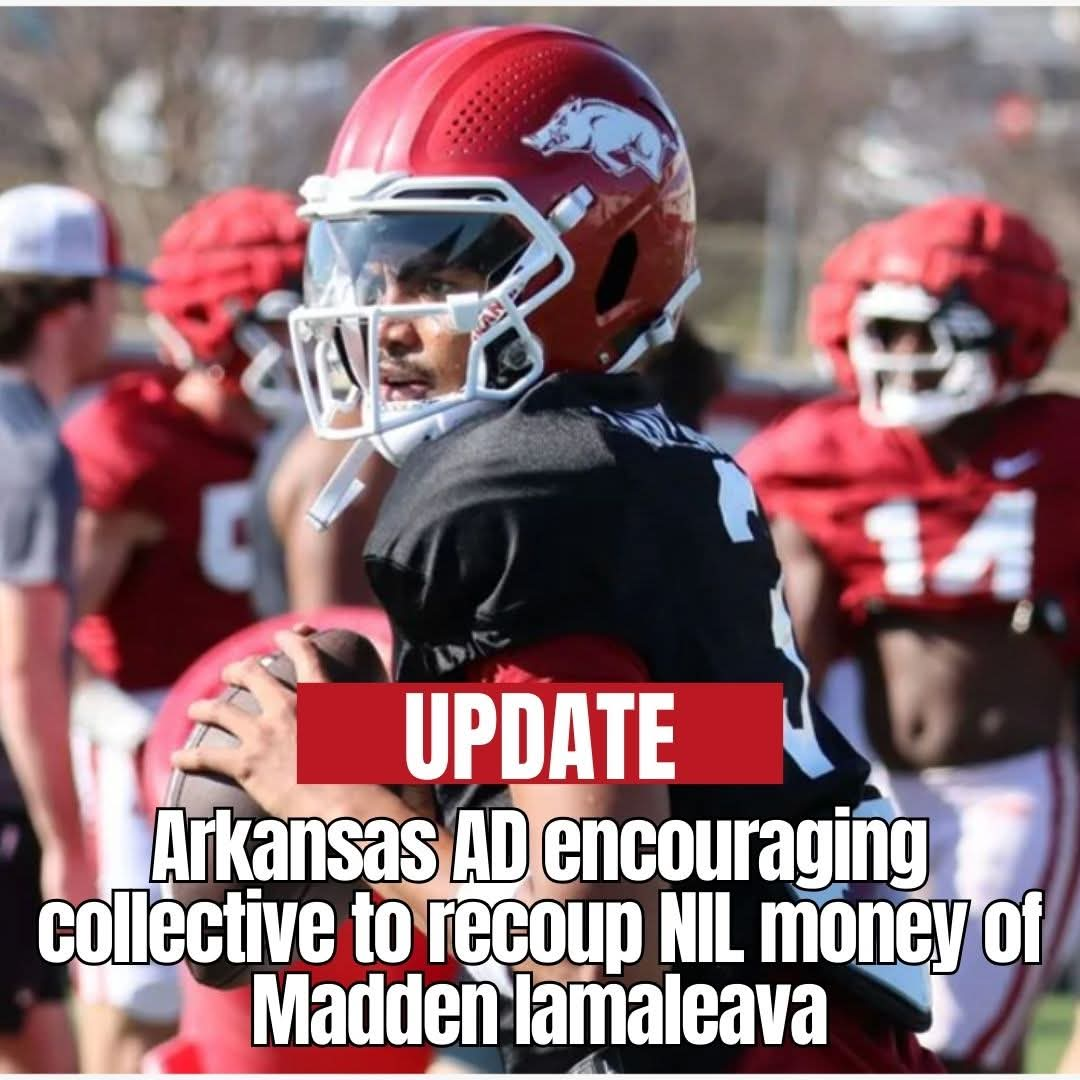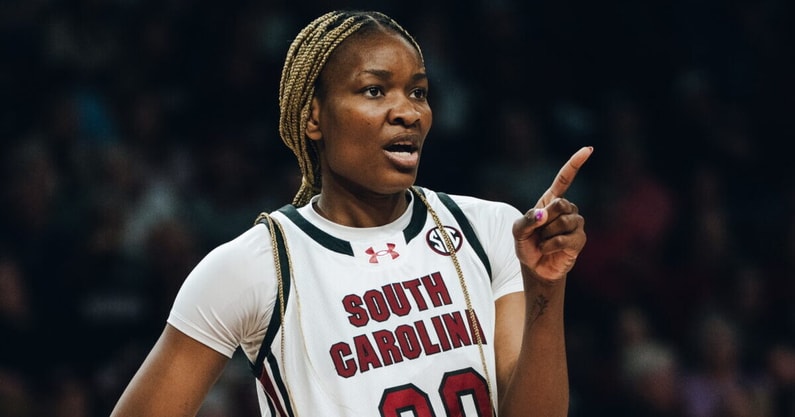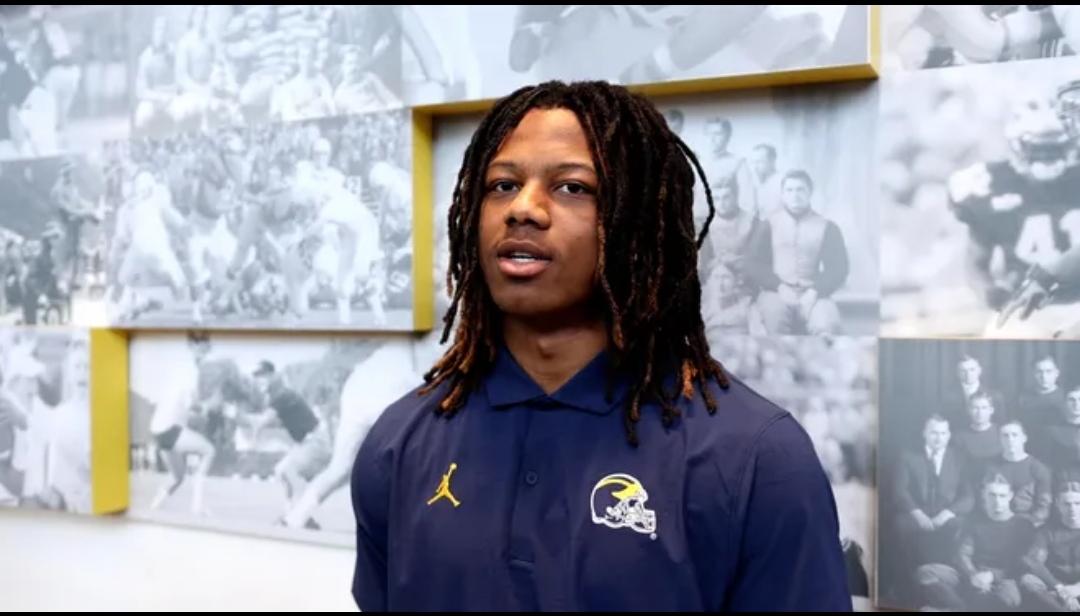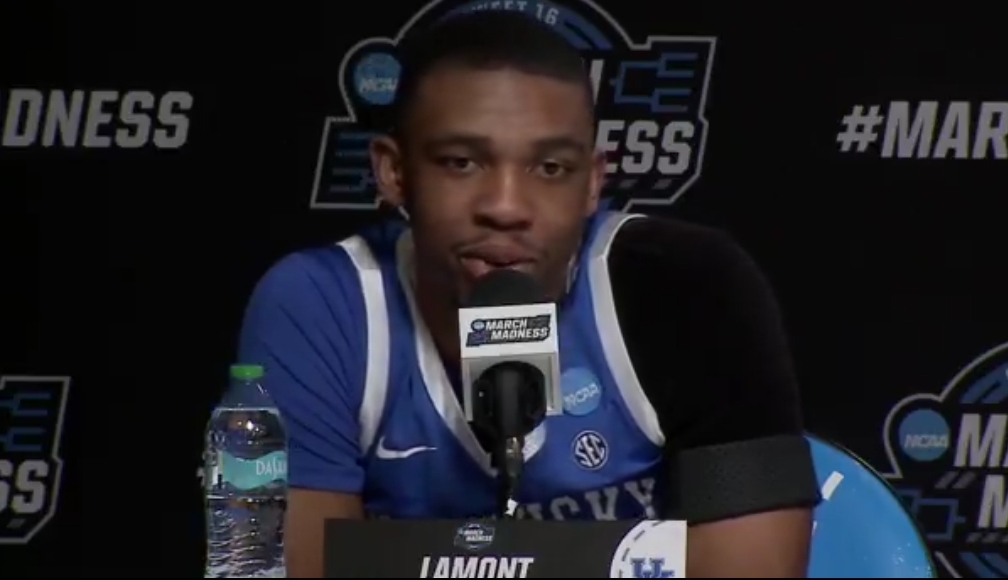Arkansas Takes Aim at Departed QB Madden Iamaleava, Supports NIL Collective’s Effort to Recover Buyout
Shortly after freshman quarterback Madden Iamaleava entered the NCAA transfer portal on Tuesday, University of Arkansas Athletics Director Hunter Yurachek made it clear that the school intends to enforce the terms of its name, image, and likeness (NIL) agreements. Yurachek took to social media to express his full backing for Arkansas Edge, the university’s affiliated NIL collective, as it seeks reimbursement of a contractual buyout from Iamaleava.
Although Yurachek did not name Madden directly, the timing of the statement left little ambiguity. Within just two hours of Iamaleava entering the portal, Yurachek emphasized the importance of holding student-athletes accountable for their financial obligations under NIL agreements, hinting at the possibility of legal action if those terms are violated.
“I’ve spoken with the leadership at Arkansas Edge and fully support their effort to exercise their rights under any agreements breached by our student-athletes,” Yurachek posted. “We appreciate the collective’s investment in our athletes, and enforcing these terms is vital in today’s evolving college athletics environment.”
This comes amid growing national tension surrounding NIL deals. As players frequently transfer after collecting NIL payments, often without participating in a single game, more universities are adding clauses to their contracts requiring buyout repayments. The practice, still relatively new, may soon lead to high-profile legal battles testing the enforceability of these clauses.
At Arkansas and other schools, NIL contracts increasingly feature terms that mandate players repay a portion of their deal if they choose to transfer. Madden Iamaleava, the younger brother of star quarterback Nico Iamaleava, had only recently arrived at Arkansas before informing coaches of his intent to leave. Sources say he was homesick and now plans to follow his brother to UCLA, who signed with the Bruins just a day earlier.
Madden’s journey to Arkansas had already raised eyebrows. Originally committed to UCLA in May 2024, he reversed course and signed with the Razorbacks on National Signing Day in December. His commitment included a one-year NIL deal negotiated with Arkansas Edge. Industry insiders estimate such deals for top-tier quarterbacks — Madden is ranked a four-star prospect by 247Sports — are valued at around $500,000.
Documents reviewed by CBS Sports indicate that Arkansas Edge’s contracts commonly include a clause requiring players to repay 50% of the remaining contract value if they exit the program early. Given Madden had approximately eight months left on his deal, the collective is expected to seek a six-figure reimbursement.
While one individual breach may not destabilize a well-funded collective, the cumulative impact of multiple players abandoning their obligations could undermine the collective’s credibility and bargaining power with future athletes. Arkansas, in particular, has seen an exodus of talent, with 34 players leaving the program since December — the highest number in the Southeastern Conference.
At the heart of the issue is whether NIL contracts are legally enforceable, a question still unresolved in courts. Until the implementation of revenue-sharing from the pending House v. NCAA settlement (set for July 1), many players are operating in a gray area. Some legal experts argue that these NIL contracts resemble employment agreements, which could place them under stricter legal scrutiny, while others see them as standard sponsorship deals.
Compounding matters is the ongoing issue of tampering. It’s an open secret within college football that players are often approached by coaches or boosters from other programs before they officially enter the portal. Despite NCAA rules prohibiting such actions, enforcement remains difficult. Sources say players are regularly contacted to “test the waters,” particularly during the spring transfer window.
Arkansas has worked to strengthen its position by crafting some of the more aggressive NIL laws in the country. In 2023, the state amended the Arkansas Publicity Rights Act, granting the University of Arkansas the ability to take legal action against third parties — including coaches and agents — who offer compensation to players already under NIL contract with the school. While Arkansas has yet to invoke this law in court, Yurachek’s recent comments suggest the university is prepared to act if necessary.
The Iamaleava situation adds another layer to an increasingly complex NIL landscape. Earlier this month, Madden’s older brother Nico made headlines of his own when he opted out of team activities at Tennessee amid a contract dispute. Soon after, Tennessee parted ways with their playoff-bound quarterback, and he later committed to UCLA. Now Madden is reportedly planning to join his brother in Los Angeles — before ever taking the field for the Razorbacks.
Though Madden’s transfer may not have generated as much public drama as Nico’s standoff in Knoxville, it reignited discussions nationwide. His high-profile commitment flip and subsequent exit from Arkansas have put him squarely in the middle of a growing debate about the future of NIL in college sports.
Legal experts, athletic departments, and collectives are all watching closely. With more players willing to walk away from contracts and more schools ready to pursue repayment or even litigation, the coming months could define how NIL agreements are treated going forward.
For Arkansas, the stance is clear: NIL contracts are not just suggestions, and breaking them will come with consequences. As Yurachek signaled, the Razorbacks intend to ensure that collectives like Arkansas Edge aren’t left footing the bill when players head for the exit. Whether that means more lawsuits or stronger contract terms, schools are signaling that the NIL era is entering a new phase — one where accountability and enforcement may become just as important as recruitment and compensation.



